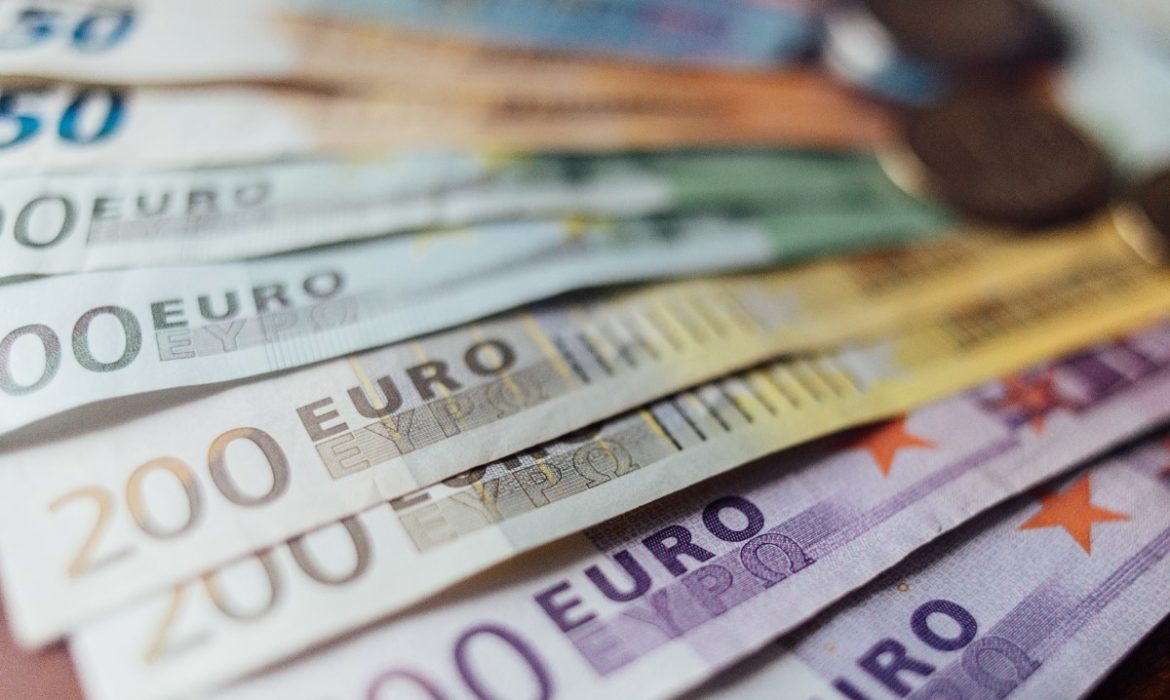On Friday, the euro to dollar exchange rate slipped as the market sentiment remained sour.
The single currency slightly slid 0.02% to $1.16, trailing its succeeding lows this week.
Accordingly, the dampened sentiment persisted despite the US debt ceiling relief given by the funding bill signed by President Joe Biden.
Consequently, the measure averted the risk of an eventual default of the American government.
Moreover, the downbeat German data weighed on the euro to dollar exchange rate.
Germany’s retail sales fell to 1.10% month-on-month from the August data of -4.50% and analysts’ expectation of 1.50%.
In addition, its manufacturing purchasing managers’ index slightly skidded to 58.40% from the previous rate of 58.50%.
On Thursday, its unemployment rate remained at 5.50%, yet it declined from the 5.40% forecast.
Then, the country’s consumer price index turned out to be bearish for the euro as it grounded to 0.00% from the last figure of 0.90%.
Accordingly, the Eurozone CPI rose to 3.40% from the 3.00% rate printed a month earlier.
Then, the US dollar index, which trails the greenback against a basket of its six rival currencies, bounced 0.05% to $94.28.
Similarly, the pacific currencies posted declines in the trading market.
The New Zealand dollar plunged 0.03% to $0.69 as the Australian dollar dipped 0.39% to $0.72.
Meanwhile, European currencies mixed as the euro to dollar exchange rate decreased.
For instance, the Swedish krona edged up 0.18% to $8.78 as the Norwegian krone climbed 0.31% to $8.77.
Likewise, the Russian ruble improved 0.46% to $72.91, while the Danish krone fell 0.02% or $6.42
At the same time, the Pound sterling soared 0.16% to $1.35.
Yen Exchange Rate Sank as the Euro to Dollar Dived
Furthermore, the Japanese yen sank as the euro to dollar exchange rate dived.
Accordingly, the safe-haven yen weakened 0.12% to $111.14, continuing its last drop of 0.62%.
The Bank of Japan announced that it would continue to cushion the economic impacts of the pandemic.
In addition, BOJ Governor Haruhiko Kuroda mentioned that pandemic-relief programs could extend the current March 2022 deadline if needed.
Similarly, the Chinese yuan reduced 0.39% to $6.45 as the Malaysian ringgit plummeted 0.07% to $4.182.00.
The Thai baht slumped 0.18% to $33.73 as the Indonesian rupiah dwindled 0.07% to $14,315.
On the other hand, the South Korean won boosted 0.34% to $1,188.27 as the Indian rupee extended 0.16% to $74.28
















